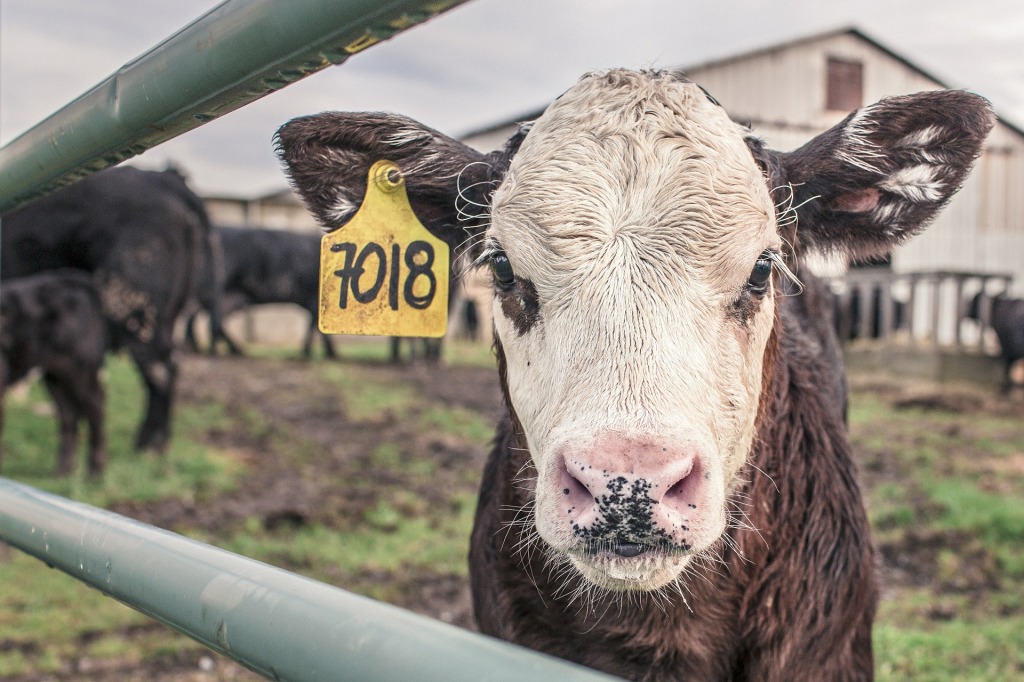It can feel like most of the subjects around waste and pollution have been written to death. The same issues and statistics get repeated in the news, documentaries, and social media. Most of us have probably seen the; “It’s only one straw, said 8 billion people”. Have you noticed the clocks ticking in the web pages and showing how much time we have left before it is “too late” to change? In spring months, the news informs us that “Oopsie, all the nature’s recourses for that year have already been used.”
So, what is happening in our minds? We have all this information, and yet things go towards worse. Most of us get concerned at some point and have good intentions, which sometimes lead to action, sometimes not. Perhaps we just feel helpless or overwhelmed. There’s so much more going on in our lives that it is just too much to try to focus on one more problem. Belittling, avoidance, and accusations arise. “Why should we avoid plastic while country x pushes all that trash to the ocean?”. “My flights and my car don’t matter, because THAT continent produces so much more emissions.” “My actions are meaningless, no matter how much I try.” “My country is already doing enough!”
Wealthier countries enable and demand unsustainable actions from others.
Are some countries more innocent than others? Maybe, but it is not only about the wealthiness of the country or the decisions of the governments, but the choices made by individuals and companies. Wealthy countries are often the biggest consumers and waste the greatest share of nature’s resources. While some Asian countries have problems with proper recycling processes and the plastic waste “escapes” to the ocean, the wealthy western countries keep on shipping their carbage and recyclables to those countries anyway. We set up plants and manufacture our goods in the countries where the legislation about emissions and labor conditions is not so strict. And then we create waste and pollution by packing and shipping to get our stuff, consume, and just ship that material back again as trash. We complain about Brazil destroying Amazon rainforests for the cattle and its fodder, but yet we want to eat so much beef that we cannot produce enough of it in our own countries. Actually, we want to eat meat such amounts, that nothing is enough.

Very often, the wealthier the country or individual, the more options they have. If everyday life is not a struggle to stay alive, then we are lucky enough to make choices and help the planet and the next generation. Start with small and simple steps – when those become routine, it’s easier to continue towards a more sustainable lifestyle and awareness.
Awareness creates change, change creates hope, and hope brightens the future. Our children need that future.
Featured image: Gerd Altmannfrom Pixabay

Leave a comment